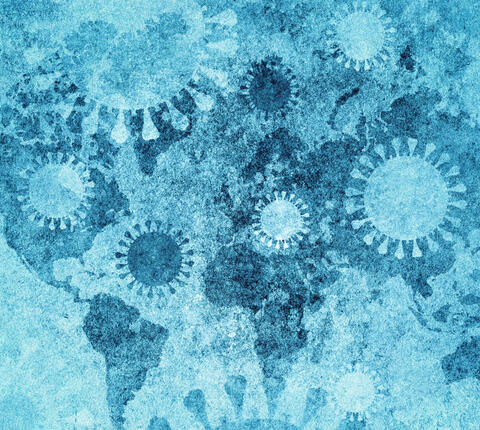COVID-19 Pandemic

COVID-19 Pandemic
Stanford Health Policy Faculty, Researchers and Students are Immersed in the COVID-19 Pandemic.
This page is devoted to their publications, commentary, media mentions — and reflections of this historic public health cycle.
Care In the Time of Corona: Reflecting on my Calling as a Physician
Megha Shankar, an early-career physician and health services research fellow with Stanford Health Policy and the VA, reflects on her role during the pandemic.
A Reflection and a Poem
Paul Wise: When Pandemics Come to the Slums
Slums provide uniquely challenging conditions for containing the coronavirus and confronting the threat of COVID-19. There may be no ambulances. No hospitals. No tests. No or few police. Only some of the most densely populated places on earth. When COVID-19 reaches the world’s slums, few policy options are available; and those that exist often entail hellish bargains with the criminal groups that so often rule such areas.
Read Article
We are working with colleagues around the world to address prevention, preparation and services for Covid-19 in areas with weak governance and inadequate health systems.
Paul Wise
Professor of Child Health and Society
New website explains how hospitals can decontaminate and reuse scarce N95 masks to fight COVID-19
Researchers from Stanford and other universities scoured the scientific literature to create N95decon.org, a web portal that medical professionals can access for trustworthy information on how to decontaminate used N95 masks.
Read More





























